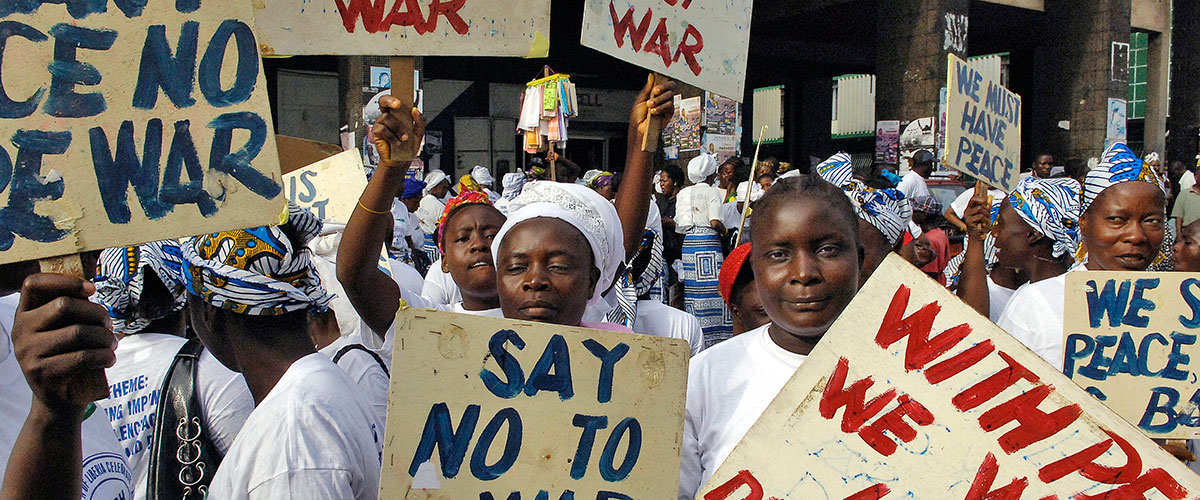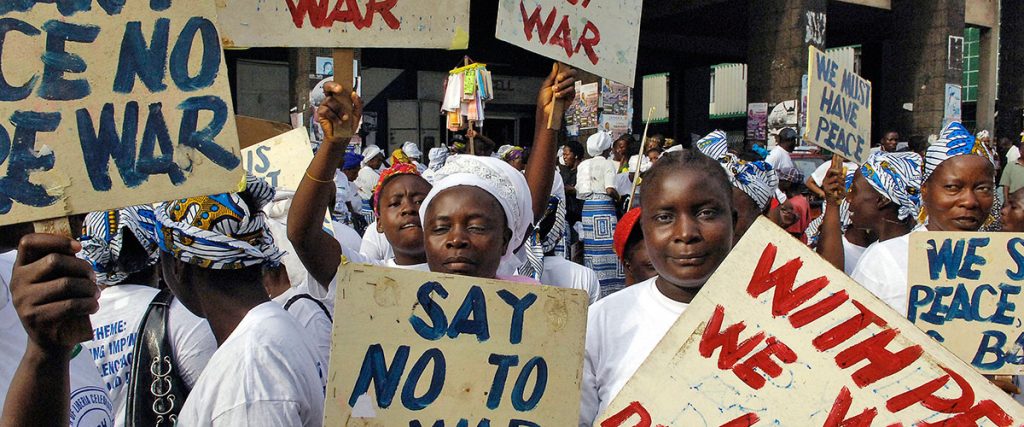Considering that more victims of sexual and gender-based violence continue to be experienced, OXFAM in Rwanda in partnership with Rwanda Interfaith Council on Health (RICH) and Ruhango District has intensified campaigns against the vices.
In a campaign that took place in Ruhango district on Thursday, Eugene Ingabire Gender Justice Technical Advisor at OXFAM in Rwanda said that the campaign is part of the project “Claiming Sexual and Reproductive Health Rights in Rwanda” she said.
This is a four and half year project which operates in six districts of Kamonyi, Muhanga, Ruhango and Huye in Southern province and Nyabihu and Rubavu in Western province that is funded by Scottish Government since 2017 and the project will run up to 2022.
The district says that since the beginning of this year, there are 441 impregnated girls under the age of 19 who are victims of sexual violence.
Most of these cases of are triggered by family conflicts where parents even forget to cater for their children.
Police figures show that there were recorded 969 cases of GBV from January to August this year in Southern province.
They include 182 cases in Muhanga district, 155 cases in Gisagara, 122 cases in Huye, 106 cases in Ruhango, 91 cases in Nyamasheke, 60 in Nyaruguru district.
Oxfam and RICH staff following drama play performed by HAPA MEDIA CENTER.
Ingabire noted that the project to fight sexual and gender-based violence mainly aims at helping people to change behaviours through awareness campaigns, increasing the capacity of Isange One Stop Center employees to prevent and respond to GBV by reaching out the community in villages.
“GBV victims should be aware that services offered in Isange One Stop Center are free of charge but we still see few people coming for the services. We want to build the capacity of the centre’s staff to join the community for more mobilization and support,” she said.
She said that the project also targets to increase the financial capacity of girls and women who are victims of SGBV.
“If they are self-reliant, teen girls can buy what they need instead of being enticed by men into sexual intercourse who give them luxury items. Financial capacity is another approach of preventing sexual and gender-based violence besides changing attitude,” she said.
To implement the Anti-SGBV project, they have also trained behaviour change agents in the six districts, women and youth’s forums, opinion leaders, civil societies, and the community.
The activist said that in a recent research they conducted with the ministry of health and Kacyiru hospital they found out that over 80 per cent of GBV victims are below 18 years old.
Theatre performance was used as a communication approach to share messages to eradicate GBV.

The other research by OXFAM and stakeholders also indicated that over a half of women in Rwanda between 15 and 45 years old face sexual and gender based violence despite most of them not being reported for prosecution.
“The fight to end GBV requires combined efforts and people should be aware that the vice is punishable by law,” she added.
The initiative also engages men in promoting sexual and reproductive health rights as well as fighting sexual and gender-based violence.
ACP Claude Kajeguhakwa, the police commander in Southern Province explained to the residents that sexual and gender-based violence is committed in various ways.
They include child defilement, rape, forced marriage, human trafficking, polygamy, lack of equal access to properties, squandering family resources and others.
Lack of controlling this, he said, leads deaths whereby spouses can kill each other, suicide, early pregnancies, trauma, losing hope, sexually transmitted diseases, divorces, school dropouts, delinquency and prostitution, drug abuse and other that finally cause insecurity.
“Any victims can call toll free 112, 3512,116, and 3029 for intervention. Any cases must be reported on time so that local leaders, police, investigation bureau intervene on time,” he said.
SGBV victims are supposed to be immediately taken to Isange One-Stop Center to test if the victims are not contaminated with sexually transmitted diseases so as to take prevention drugs and get access to justice as well as counselling.
In case of suspected HIV/AIDS, the victims are advised to take drugs in not more than 48 hours but better in four hours having been raped and not more than72 hours for preventing other sexually transmitted diseases.
Taking drugs for preventing pregnancy for the victims requires not more than 72 hours, residents were told.
Those physically injured are also treated and vaccinated in the centre.
Bishop Bunini Gahungu, The vice-Chair Person for Rwanda Interfaith Council on Health (RICH) urged faith-based organizations to continue the fight against GBV.
Valens Habarurema, the mayor of Ruhango district lauded the partners’ support considering the number of SGBV victims recorded in the area.
“We thank the operations by OXFAM and RICH that funded the campaign. They are the main partners in uprooting gender-based violence in our district,” he said.
He called for timely reports of GBV cases and urged young people to avoid all kinds of temptations that could school dropouts.
“We urge parents to inculcate better values in children and avoid conflicts in their families,” he said.
Eveline Nyirabunane, a resident of Ruhango district said: “I think cases of gender-based violence is still there. We see many men spending nights in bars yet children have dropped out of school or the family has no food. When children realize they get needs from men who finally impregnate them.”
However, she added that some children are not satisfied with little they get from families and embrace bad behaviour.

